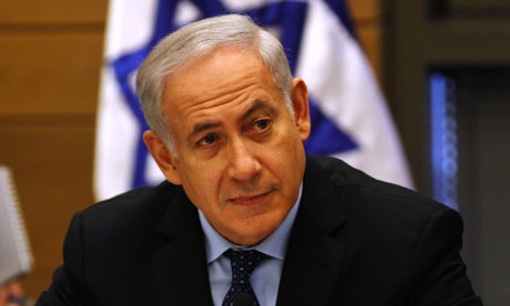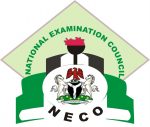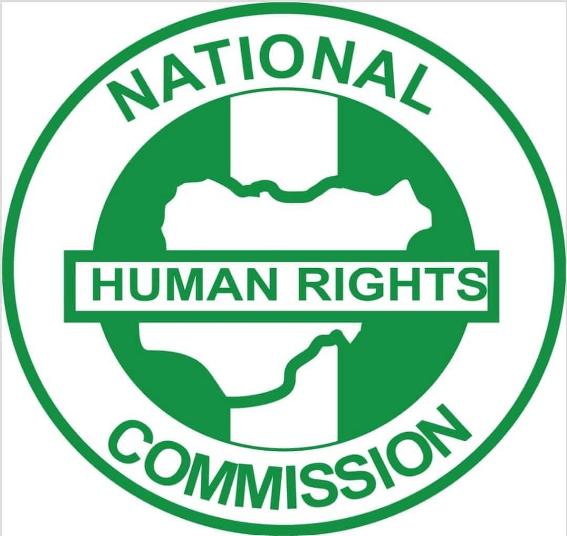Elections For Mayors And City Council Members Holds In Isreal


Israel is now holding nationwide elections for mayors and city council members with a number of elections touching on the most divisive issues in Israeli society.
In the Israeli-occupied Golan Heights, the Druze, an Arabic speaking minority, will have the opportunity to vote for the first time since Israel captured the area from Syria 51 years ago.
The elections have sowed deep divisions, with many of the Druze boycotting the elections out of loyalty to Syria.
A number of Druze candidates have dropped out of the race after facing intense pressure from community leaders, including threats of social expulsion.
The local elections, held every five years, are an important barometer for the strength of Israel’s major political parties.
Competitive mayoral races in Israel’s three largest cities – Jerusalem, Tel Aviv and Haifa – have contributed to a spirited atmosphere with campaign banners posted throughout the cities and Israeli media reporting on every dramatic twist and turn.
In Jerusalem’s hotly contested mayoral race, Ze’ev Elkin, a current minister and staunch ally of Prime Minister Benjamin Netanyahu, is pitted against veteran city council member Moshe Leon and staunchly secular candidate Ofer Berkovitch.
Leon needs to secure Jerusalem’s ultra-Orthodox vote over Yossi Deitch, a fourth candidate from the ultra-Orthodox community who threatens to snag some of the group’s key votes.
Meanwhile, Ramadan Dabash hopes to become the first Palestinian city council member in Jerusalem’s history, in defiance of a decades-long Arab boycott on the elections.
While Palestinians comprise around 40 per cent of Jerusalem’s population, they have boycotted the local elections saying that voting would constitute a recognition of Israeli control over the contested city.
Israel occupied the eastern half of Jerusalem – home to almost all the city’s Palestinian residents – in the 1967 Six-Day War and later annexed the territory.










